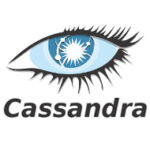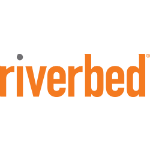As technical lead at Loggly, responsibility for a well-engineered infrastructure ends with me. And one way to ensure the system is designed and implemented well is to stay as close as possible to the code, ensuring that the team and I write quality software.
But it can be difficult to complete the design and implementation of the features I am responsible for, ensure that what the team produces is well-implemented, and understand every line of code — there is only so much time in the day.





